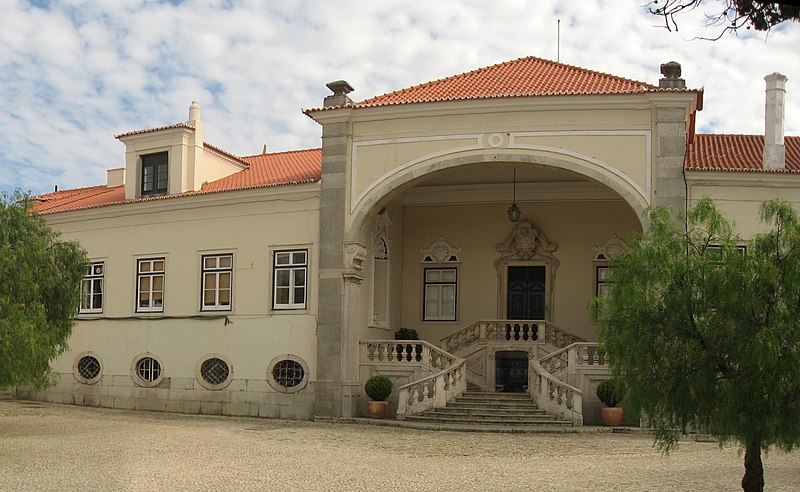
Despite a 1% decrease in the real salaries of Portuguese secondary school teachers between 2015 and 2022, a recent report by the Organization for Economic Cooperation
and Development (OECD) reveals that they still earn 42% more than other individuals with higher education qualifications in the country.
The OECD's Education at a Glance 2023 study provides these insights into the state of education and the teaching profession in Portugal. It highlights a contrast with most OECD countries, where teacher salaries increased by an average of 4% during the same period.
In terms of raw figures, the report states that the average real annual salary for secondary school teachers across the OECD is $53,456 (approximately 49,789 euros based on current exchange rates). In Portugal, when adjusted for purchasing power parity, this salary equates to 44,277 dollars or about 29,100 euros.
The study emphasizes the significance of teacher salaries not only in attracting educators to the profession but also as a substantial expenditure category within the formal education sector.
It notes that the unfreezing of Civil Service careers in 2018 allowed for the gradual recovery of teachers' salaries until 2022. However, this recovery did not fully restore their purchasing power, given the 1% decline in real salaries between 2015 and 2022. This contrasts with the majority of OECD countries, where salaries grew by an average of 4% during the same period.
Despite these fluctuations, Portuguese teachers still earn considerably more than their peers with higher education qualifications, with a 42% earnings gap. This discrepancy is attributed to the aging teaching population in Portugal, resulting in a significant proportion of teachers nearing the peak of their careers.
While the report provides a snapshot of the financial aspects of teaching in Portugal, it does not delve into the broader challenges faced by educators, including the demands of the profession, class sizes, curriculum changes, and overall job satisfaction.
These findings highlight the complexity of the education landscape in Portugal, where teachers are grappling with both economic and professional factors that affect their career choices and dedication to the field. Photo by Bernardo Reis, Wikimedia commons.








































